Prepare your home and heart for the Spring Festivals with Celebrate the Feast. This collection of articles offers rich biblical insight into Passover and the appointed times. A perfect resource as you get ready for the season.
The schedules found below represent the two schedules that are the most prevalent and take the reader through God’s law in 1 and 3 years. We have attached readings from the Apostolic Scriptures (New Testament) to accompany the readings as well. Notes on each portion can be found by clicking the “Weekly Parashah” button. These resources are provided free and we hope they are a blessing to you and your community.
Historically, the weekly readings have been separated into a Torah portion and a reading from the rest of the Tanakh (Old Testament) which is referred to as the “haftarah” portion. Although modern synagogues use a one year reading cycle, evidence suggests that Jews in the first century followed a
three year cycle. It is for this reason that TorahResource has provided a three year portion for those who would like to read the Torah through slower and spend more time on each section.
We have also provided an accompanying Apostolic portion (a selection from the New Testmanet) to the weekly readings so that followers of Yeshua find related Scriptures to the Parsha.
Along with downloadable Torah Reading Schedules, we have also produced handouts for each Torah portion that can be utilized by individuals and communities alike. We are continuing to build out our library on the Torah portions so that we can offer audio and video teachings that accompany each portion.
Want to know more about the 1 and 3 year torah reading cycles in the first century?
Access the full one-year Torah reading cycle for 2025/2026 to stay organized and on track with your studies.
Download the complete three-year Torah reading schedule for 2025/2026 and follow along week by week.
Keep your calendar up to date. Get the yearly festival schedule and mark the biblical festivals and Shabbats on your calendar.

The Learning Center is an educational environment created to foster spiritual growth through academic excellence and camaraderie with like-minded, Torah observant believers across the nation and beyond. This will be accomplished through the four sections listed below.
The library contains most of the TorahResource digital product catalog. This includes hundreds of hours of video and audio teachings as well as articles, commentaries, and books all in digital format. Library subscription can be paid monthly or annually.
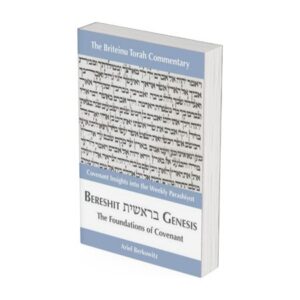
$25.00 – $125.00Price range: $25.00 through $125.00
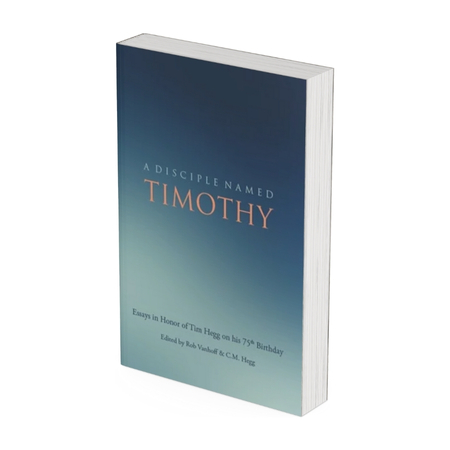
$19.99 – $34.99Price range: $19.99 through $34.99
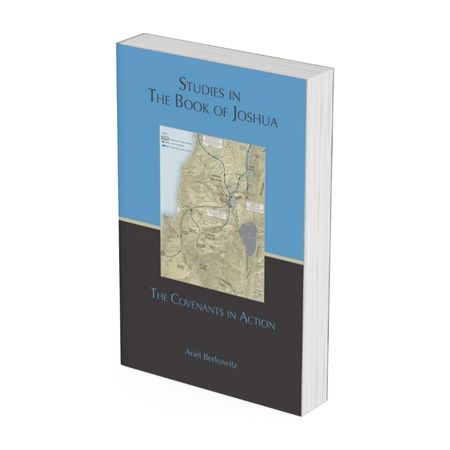
$10.00
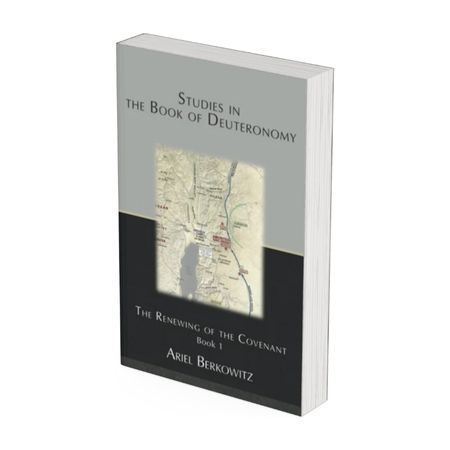
$10.00 – $30.00Price range: $10.00 through $30.00
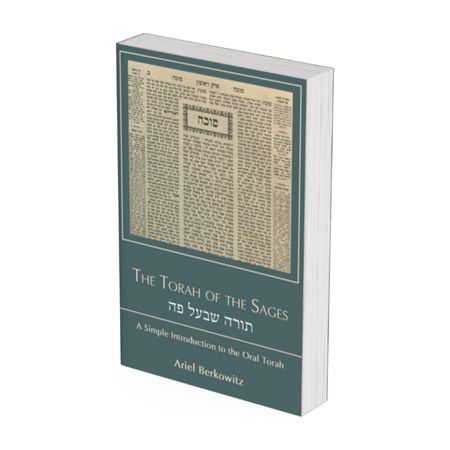
$15.00
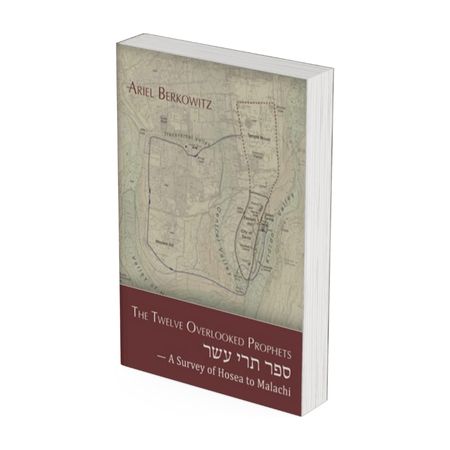
$16.00
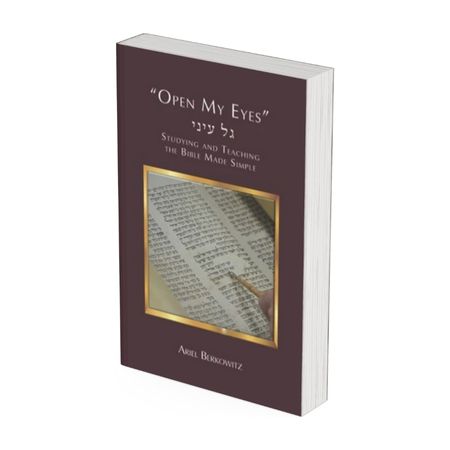
$15.00

$22.00
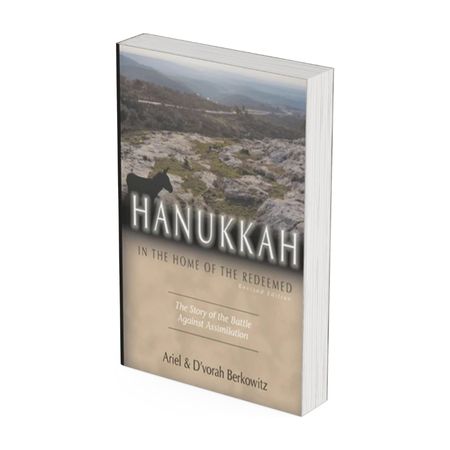
$12.00
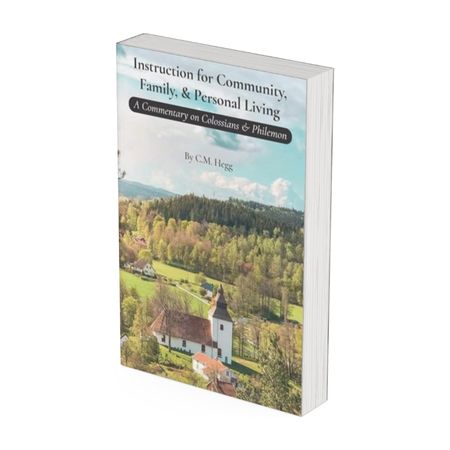
$9.99 – $14.99Price range: $9.99 through $14.99
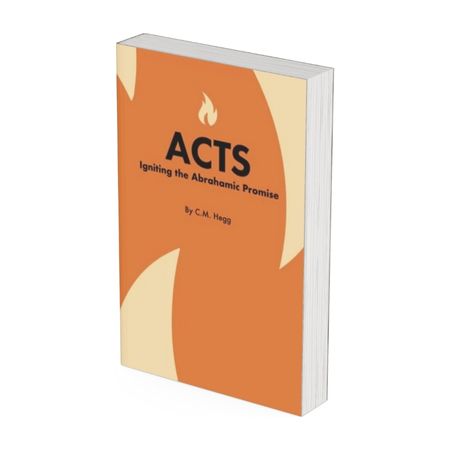
$19.99 – $34.99Price range: $19.99 through $34.99
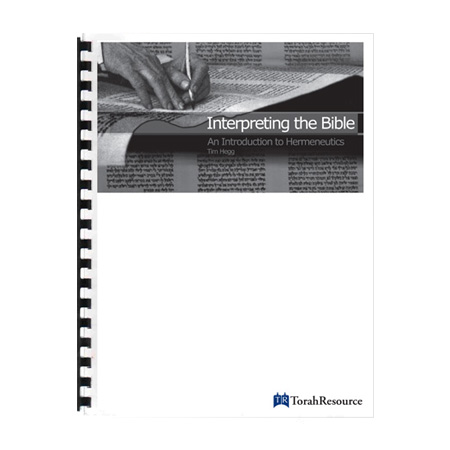
$15.00 – $26.00Price range: $15.00 through $26.00
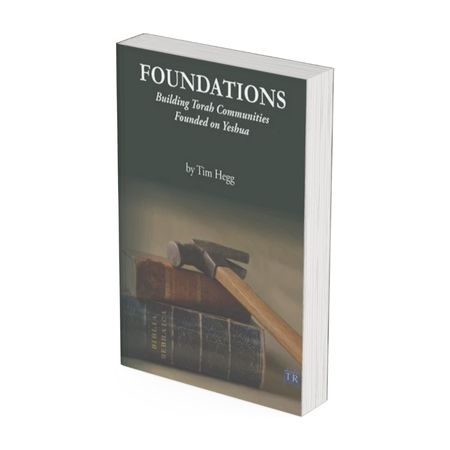
$22.50 – $77.99Price range: $22.50 through $77.99
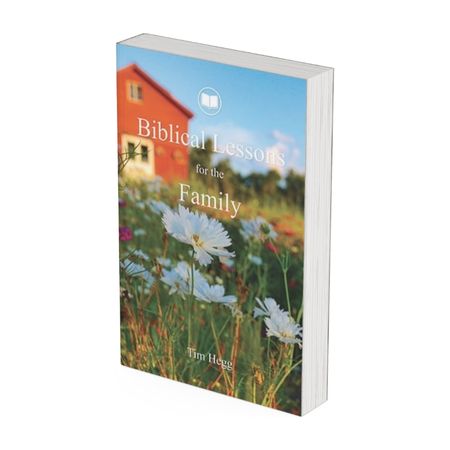
$19.99 – $34.99Price range: $19.99 through $34.99
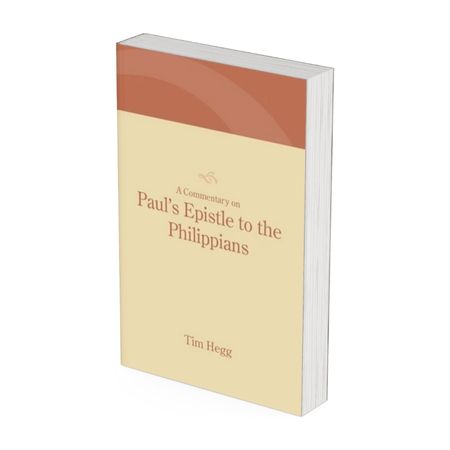
$19.99 – $54.99Price range: $19.99 through $54.99
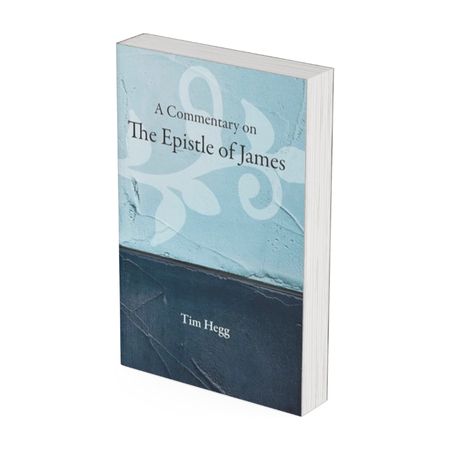
$19.99 – $60.99Price range: $19.99 through $60.99
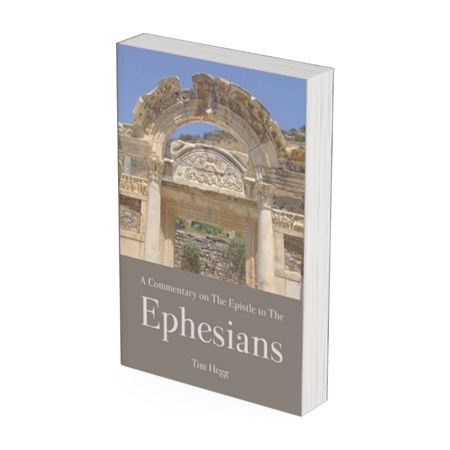
$19.99 – $60.00Price range: $19.99 through $60.00
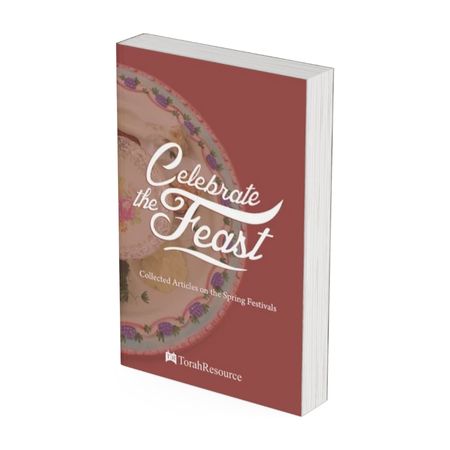
$14.99 – $29.00Price range: $14.99 through $29.00
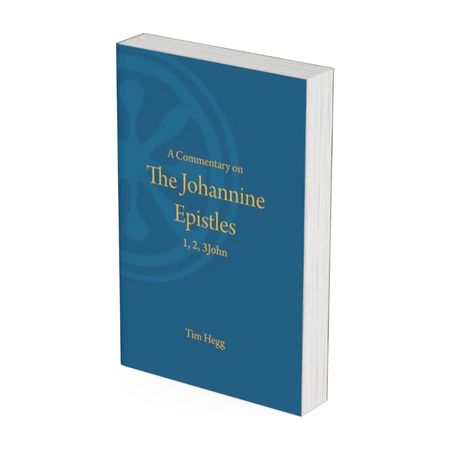
$19.99 – $81.99Price range: $19.99 through $81.99
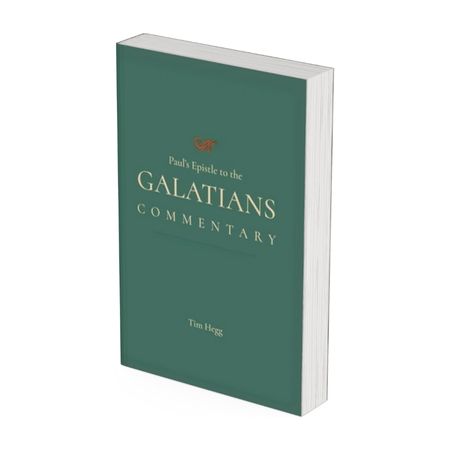
$19.99 – $75.00Price range: $19.99 through $75.00

$20.00
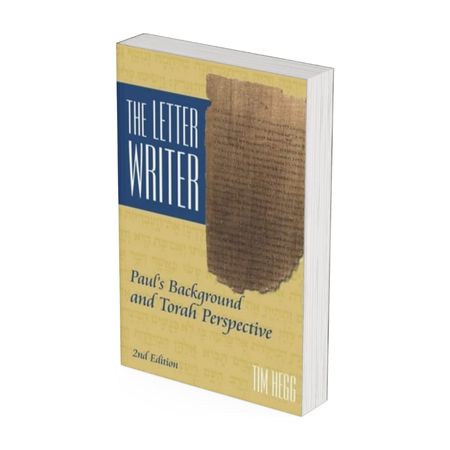
$19.99 – $29.99Price range: $19.99 through $29.99
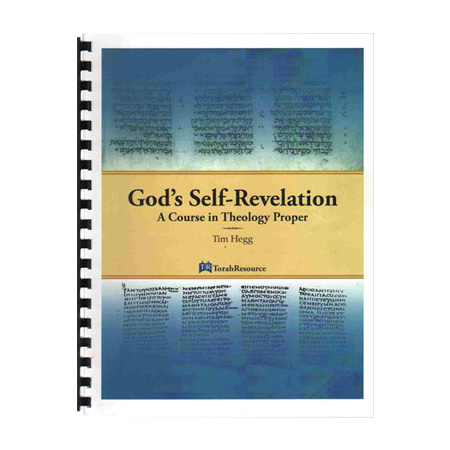
$17.00 – $29.50Price range: $17.00 through $29.50
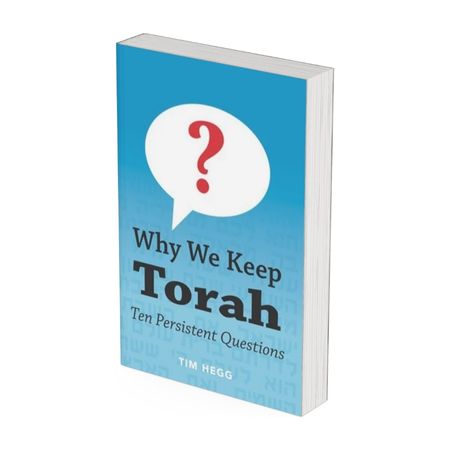
$14.99 – $71.99Price range: $14.99 through $71.99
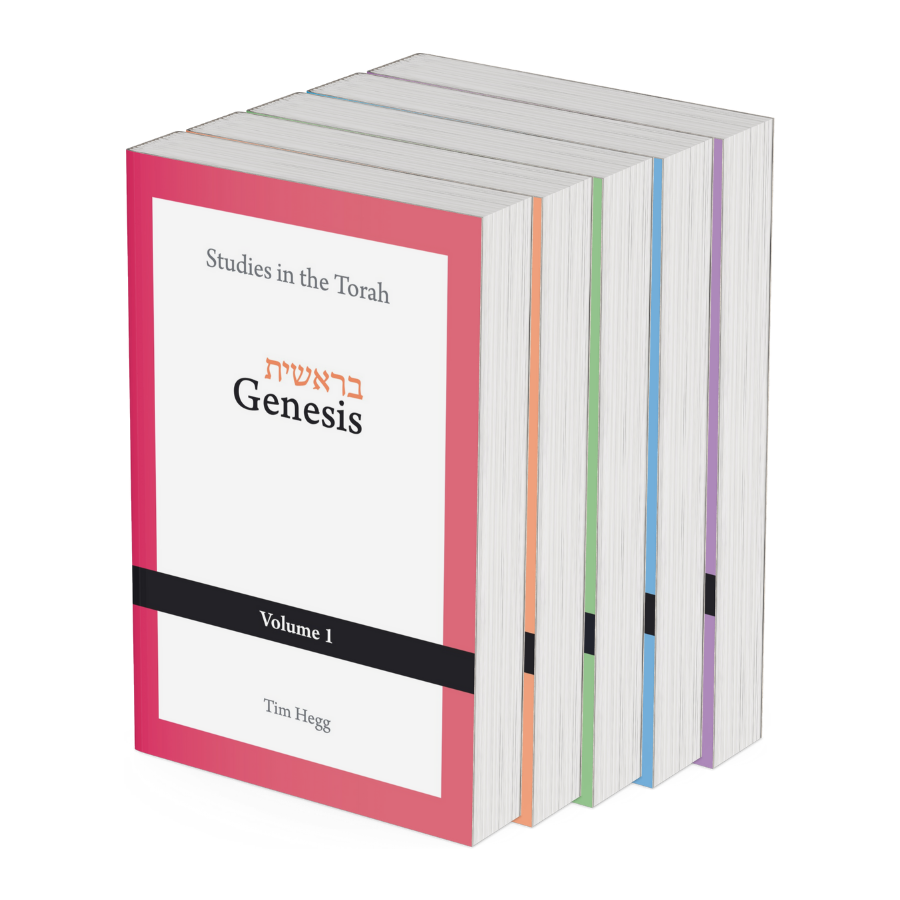
$24.99 – $99.99Price range: $24.99 through $99.99
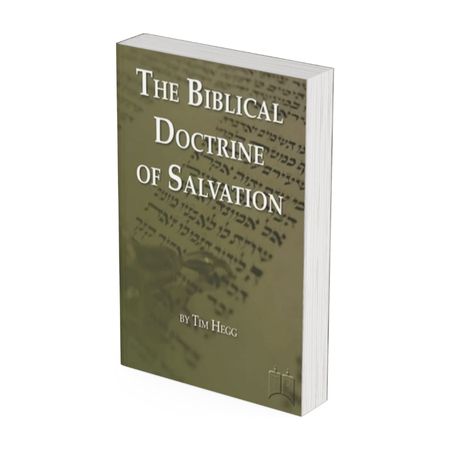
$14.99 – $40.00Price range: $14.99 through $40.00

$19.99 – $74.99Price range: $19.99 through $74.99
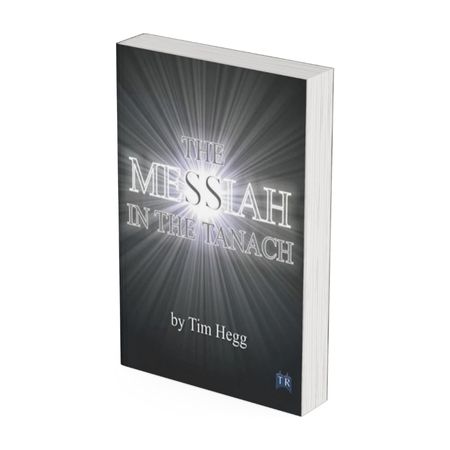
$19.00 – $49.99Price range: $19.00 through $49.99
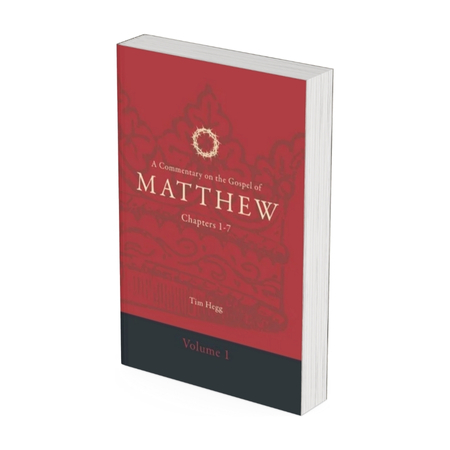
$29.99 – $125.00Price range: $29.99 through $125.00
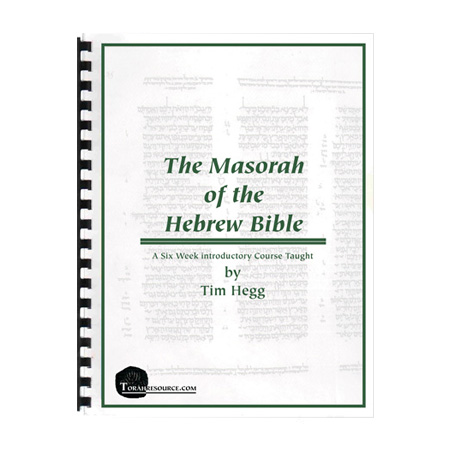
$8.00 – $14.00Price range: $8.00 through $14.00
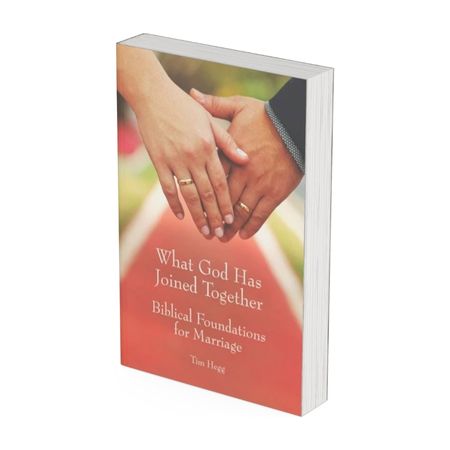
$18.00 – $47.00Price range: $18.00 through $47.00
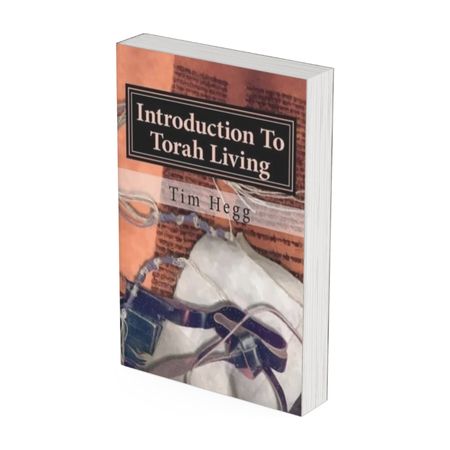
$26.50 – $58.00Price range: $26.50 through $58.00
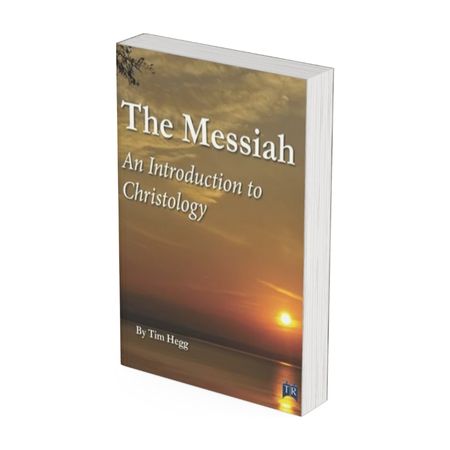
$19.99 – $50.00Price range: $19.99 through $50.00
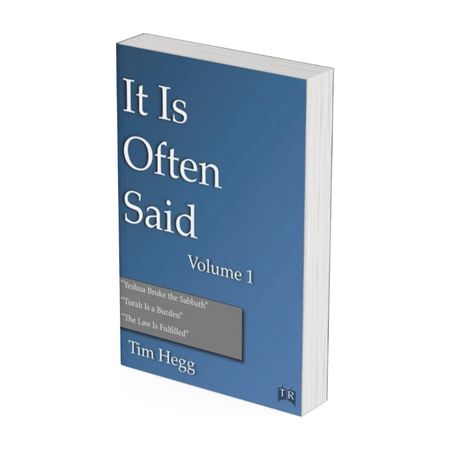
$11.70 – $36.40Price range: $11.70 through $36.40
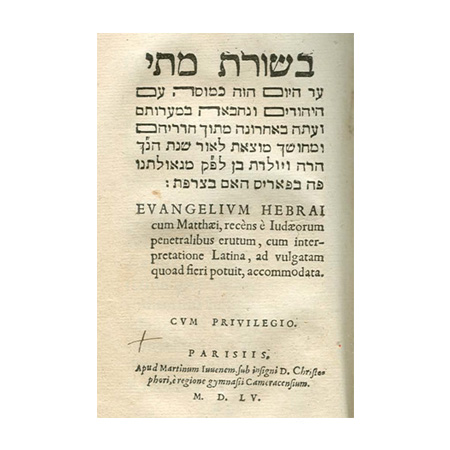
$11.70
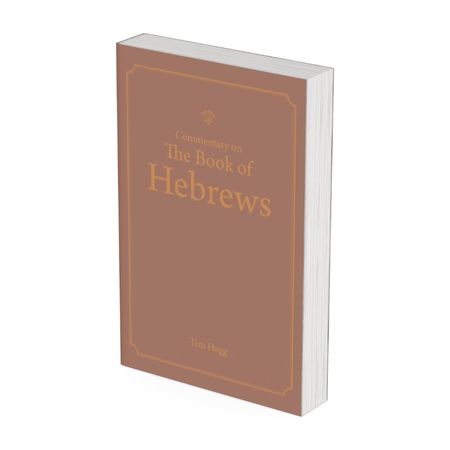
$19.99 – $89.99Price range: $19.99 through $89.99

$19.00 – $48.00Price range: $19.00 through $48.00
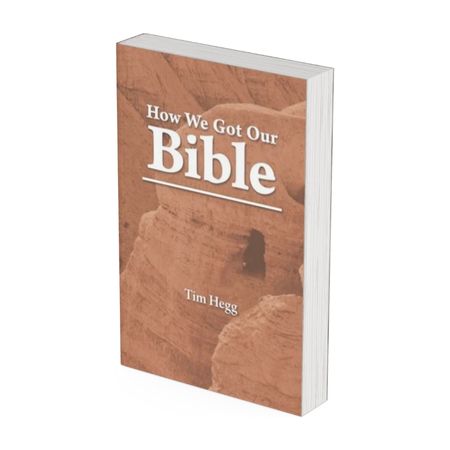
$22.00 – $50.99Price range: $22.00 through $50.99

$23.00 – $39.00Price range: $23.00 through $39.00
The Learning Center is an educational environment created to foster spiritual growth through academic excellence and camaraderie with like-minded, Torah observant believers across the nation and beyond. This will be accomplished through the four sections listed below.
The weekly reading of God’s Word is practiced around the world by Messianic and traditional synagogues alike.
Sign up to receive the Weekly Torah Portion from the One Year Torah Reading Schedule sent to your inbox!
Sign up to receive the Weekly Torah Portion from the Three Year Torah Reading Schedule sent to your inbox!
There Shall Be One Law: A Biblical Defense of One Law Theology
$9.99 – $34.99Price range: $9.99 through $34.99